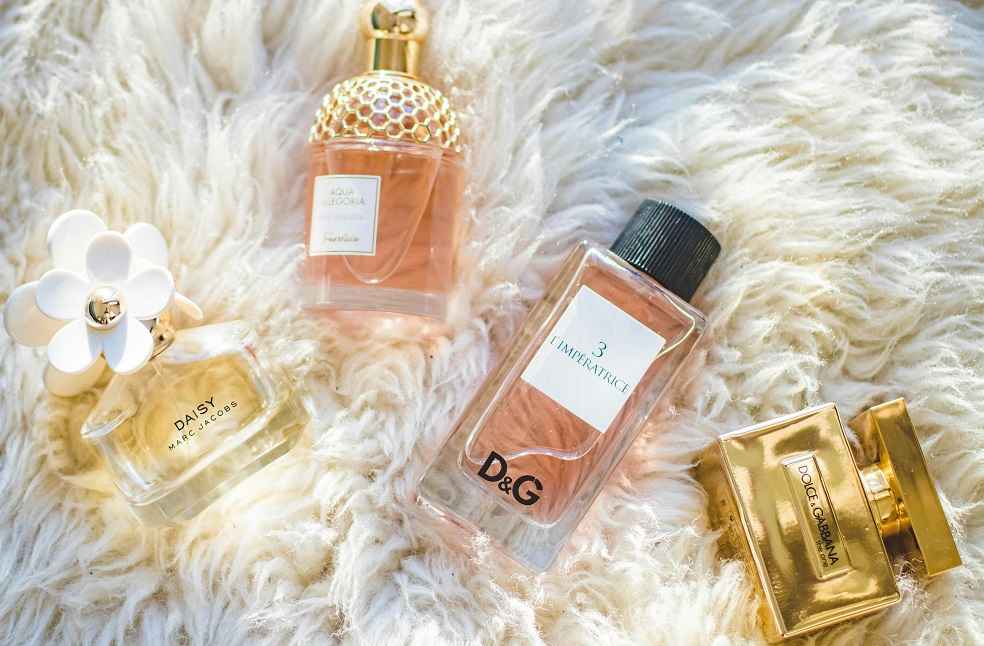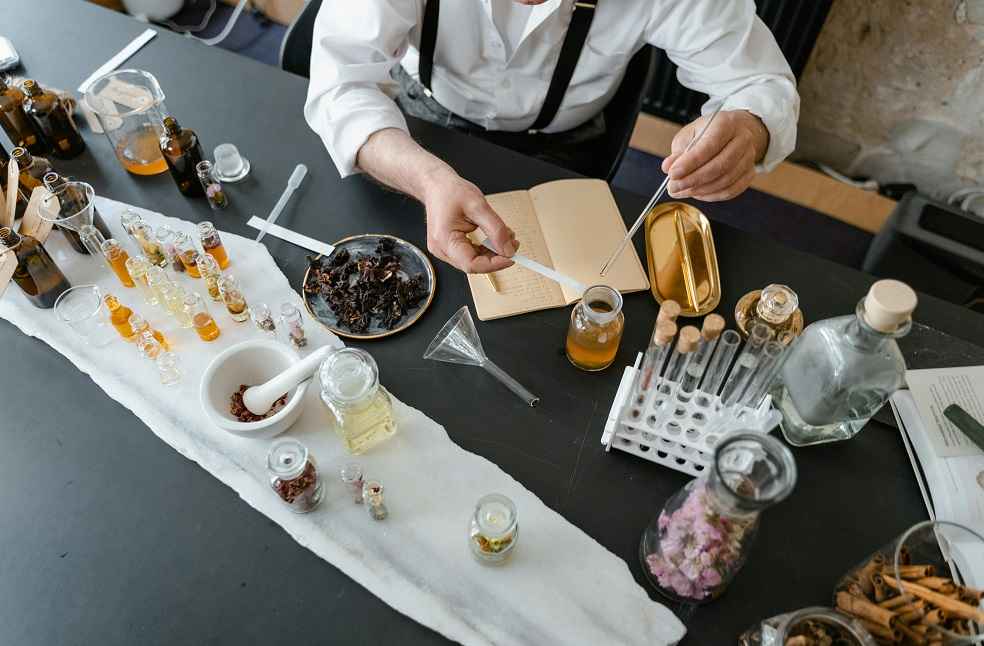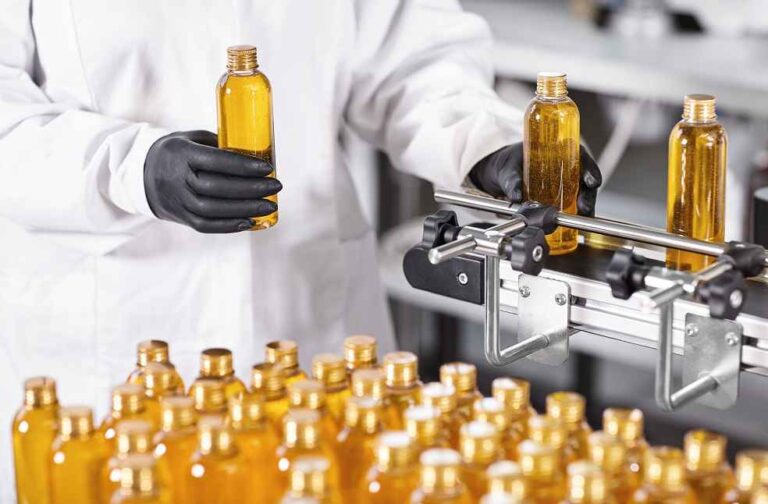The rapid expansion of the perfume industry is evident in our everyday lives. Fragrances have permeated various aspects of our routines and surroundings, from personal grooming and home fragrances to unexpected uses like cleaning products. This demonstrates the industry’s remarkable growth and innovation.
In 2023, the global perfume market was worth $48.05 billion and is expected to reach $50.45 billion in 2024. Various studies suggest that by 2032, it will grow at a CAGR of 5.51% to reach $77.52 billion. This article delves into the key drivers behind this surge, including the burgeoning trend of personalized perfumes.
Emerging Trends

- Clean and Sustainable Fragrances: Consumers are increasingly favoring fragrances made from natural, ethically sourced ingredients with minimal environmental impact. Brands are responding by developing clean fragrance lines and sustainable packaging options.
- Personalized Scents: The desire for unique, individualistic fragrances has led to the rise of personalized perfumery. Companies now offer bespoke fragrance creation services and AI-powered tools to help consumers discover their signature scents.
- Functional Fragrances: Fragrances are evolving beyond mere scent to incorporate specific functions like stress relief, mood enhancement, and sleep improvement. These functional fragrances often incorporate aromatherapy principles and natural ingredients.
- Gender-Neutral Scents: The traditional gender binary in perfumery is fading, with the rise of gender-neutral fragrances that appeal to a broader audience. These scents often feature unconventional note combinations and challenge traditional classifications.
- Digital Fragrance Experiences: The pandemic accelerated the adoption of digital technologies in the fragrance industry. Virtual consultations, augmented reality try-ons, and online fragrance communities are becoming increasingly popular.
Driving Factors

Individual Factors:
- Increased Disposable Income: As disposable income rises, consumers are spending more on luxury items, including high-end perfumes.
- Personal Grooming and Hygiene: A heightened focus on grooming and hygiene has made perfumes a daily essential.
- Changing Preferences: Millennials and Gen Z prefer unique, personalized scents over traditional ones.
- Emotional Benefits: Perfumes enhance confidence, mood, and personal identity, driving higher sales.
Societal Trends:
- Social Media and Celebrities: Social media and celebrity endorsements boost the popularity of new perfume brands and products, increasing demand.
- E-commerce Growth: The rise of e-commerce simplifies access to a wide variety of perfumes, with online reviews aiding purchase decisions.
- Sustainability and Natural Ingredients: Consumers prefer eco-friendly products, boosting brands that emphasize natural ingredients and sustainable practices.
- Customization: The trend toward customized fragrances attracts consumers seeking unique scents tailored to their preferences.
Cultural and Global Influences:
- Cultural Appreciation: Many cultures value fine fragrances as part of fashion and luxury lifestyles.
- Globalization: Exposure to different cultures through travel and media broadens consumer tastes, diversifying the perfume market.
- Health and Wellness: Consumers increasingly choose perfumes with aromatherapy benefits, such as stress relief and relaxation.
Cleanliness and Individuality:

- Personal Hygiene Awareness: There is a growing emphasis on personal hygiene, making perfumes integral to grooming routines.
- Post-Pandemic Emphasis: The COVID-19 pandemic heightened the focus on cleanliness, including the use of perfumes for a sense of personal cleanliness.
- Antibacterial Properties: Some perfumes now include antibacterial and deodorizing properties, appealing to health-conscious consumers.
- Personal Identity: Perfumes are a means of expressing personal identity and uniqueness, with consumers seeking scents that reflect their personalities.
- Niche Brands: The rise of niche and artisanal perfume brands offers unique, hand-crafted fragrances that stand out from mass-market products.
Yes, the perfume industry’s growth is driven by a blend of individual, societal, and cultural factors, along with emerging trends in sustainability, personalization, and digital innovation. This dual focus on cleanliness and individuality fosters innovation, leading to a wider range of products catering to evolving consumer preferences. As the industry adapts to changing demands and technological advancements, it is well-positioned for continued growth and success in the global market.
DON’T MISS IT | War on Waste: Bans Unsold Fashion Destruction



